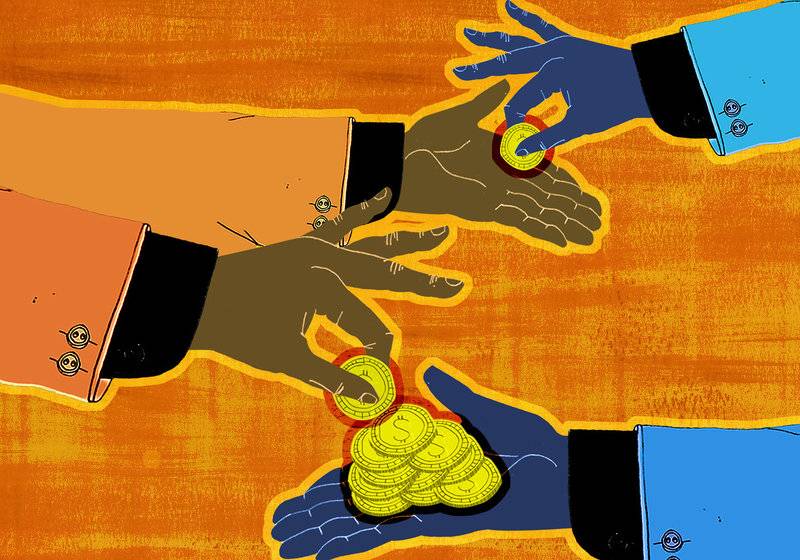Bandcamp, the digital storefront and streaming music platform used by hundreds of thousands of artists and thousands of record labels, will forgo collecting its share of revenue from sales on the site made this Friday, March 20, the company announced on Tuesday. The initiative will be active from 12:00 a.m. to 11:59 p.m Pacific time.
The global coronavirus outbreak has put many musicians in a state of extreme financial precarity as their main source of income, live performance, has been suspended while the world struggles to contain the pandemic. “For many artists, a single day of boosted sales can mean the difference between being able to pay rent or not,” Ethan Diamond, the CEO and co-founder of Bandcamp, writes. “Still, we consider this just a starting point. Musicians will continue to feel the effects of lost touring income for many months to come, so we’re also sharing some ideas below on how fans can support the artists they love and how artists can give fans new, creative ways to provide support.”
Typically, Bandcamp collects 15% of the revenue from sales of digital music made through its website and app, and 10% from sales of physical goods. It claims to have paid artists some $468 million since its launch in Sept. 2008, and $9.5 million over the past 30 days. Payments for sales of digital goods made through Bandcamp are typically paid to sellers within 48 hours, while the revenue from physical sales is transmitted directly to those artists’ or labels’ accounts.
In a postscript to Bandcamp’s announcement, Diamond reminds readers that the financial effects of the crisis will extend beyond musicians to those who make their living supporting them, “including record store owners and staff, tour managers, event producers, venue staff, lighting and sound professionals, janitors, photographers, bartenders, security guards, and more. We encourage you to find ways to reach out and support those affected in your local communities.”


